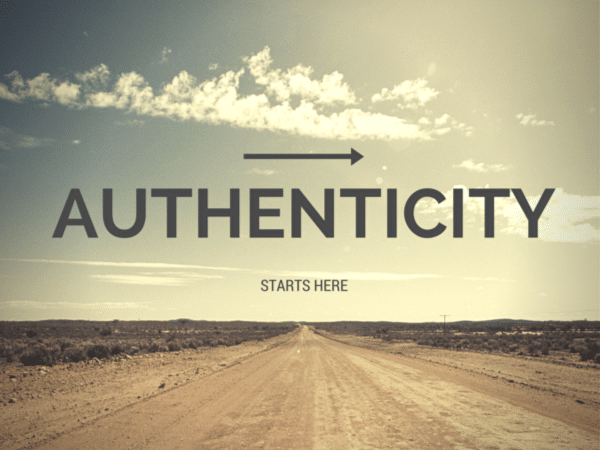Suffering and Brokenness: Pathways to Living Authentically (Part 1)

We all love suffering and brokenness, right? Have you ever noticed that our society has an aversion to pain and if you’re like me, you do, too. We over medicate against it. We’ll go to great lengths to avoid it or at least lessen it. We even try to distract ourselves, so that we feel less pain.
Confession time. My dentist’s office has a television mounted in the ceiling above every one of their patient chairs. It’s one of the main reasons I’ve been going to them for 20 years. They can clean or fix my teeth while I’m distracted from the pain they’re inflicting on me. It’s great!
Several years ago, our family went on our usual 5,000-kilometer summer road trip to Alberta and Saskatchewan to visit family. While staying with my wife’s parents, I asked my father-in-law, a self-taught mechanic, whether he would be interested in fixing an oil leak on our van. He looked at me and said, “No, but I’ll supervise you while you fix it.” I’m sure I had a look of horror on my face as I responded, “Ohhh…kay.”
So, the big day came. We started taking pieces off to get to the cam seals and of course, while we were at it, the timing belt because once you get that far, you might as well keep going. After a full day of taking things apart, we got to the right spot and put in new seals and the belt. I was pretty pumped until I looked at my father-in-law’s workbench that was filled with parts that somehow had to get back into our van. My anxiety level began to skyrocket as I realized that I wasn’t sure how everything was supposed to go back together.
Life is sometimes like that workbench, strewn with various pieces that we’re supposed to somehow put together. Yet, we don’t know how. Life can be confusing, complex, chaotic. How’s this all going to work out?
Let me tell you, I was so glad that my father-in-law was there to supervise and help me put our van back together. And you know what, we did it!


